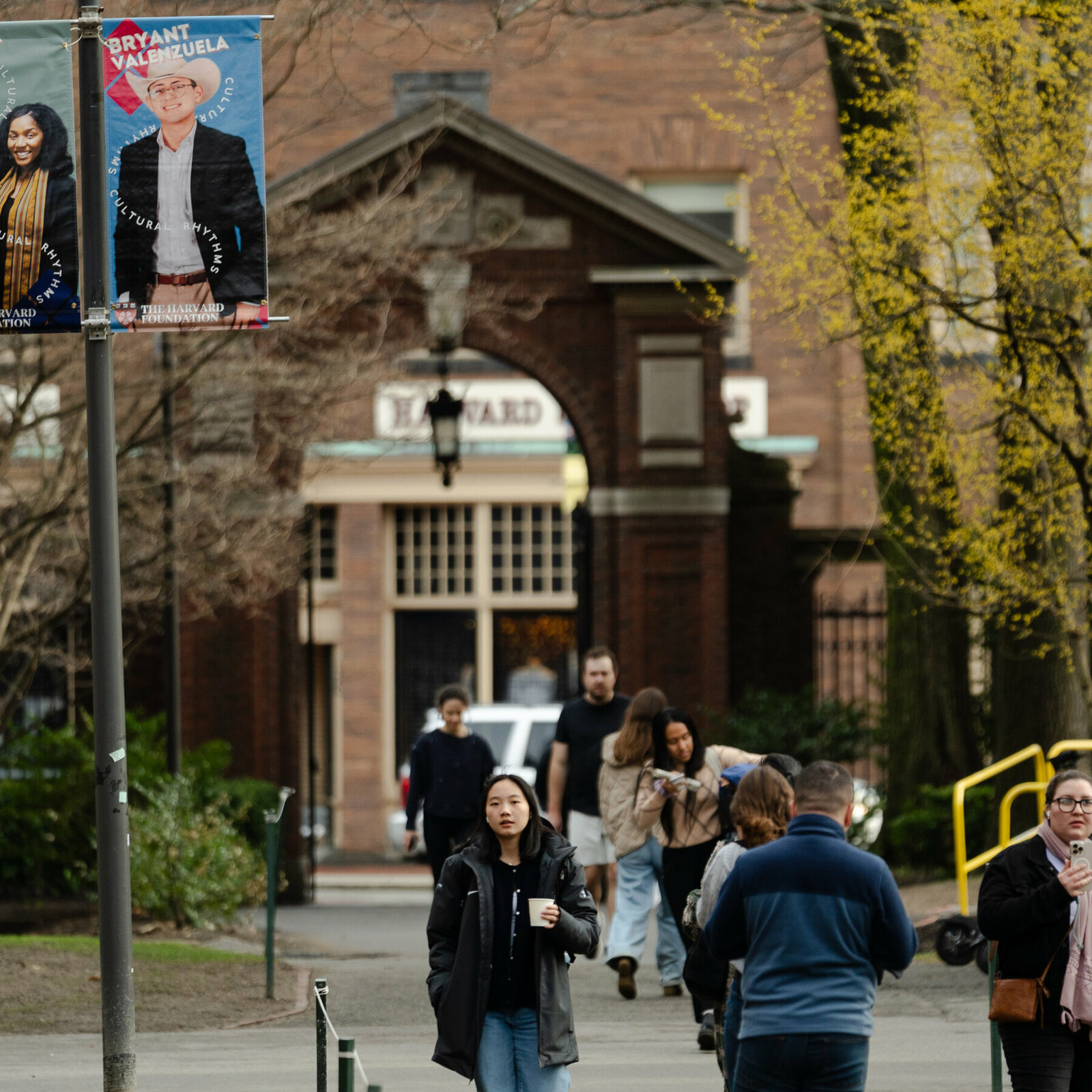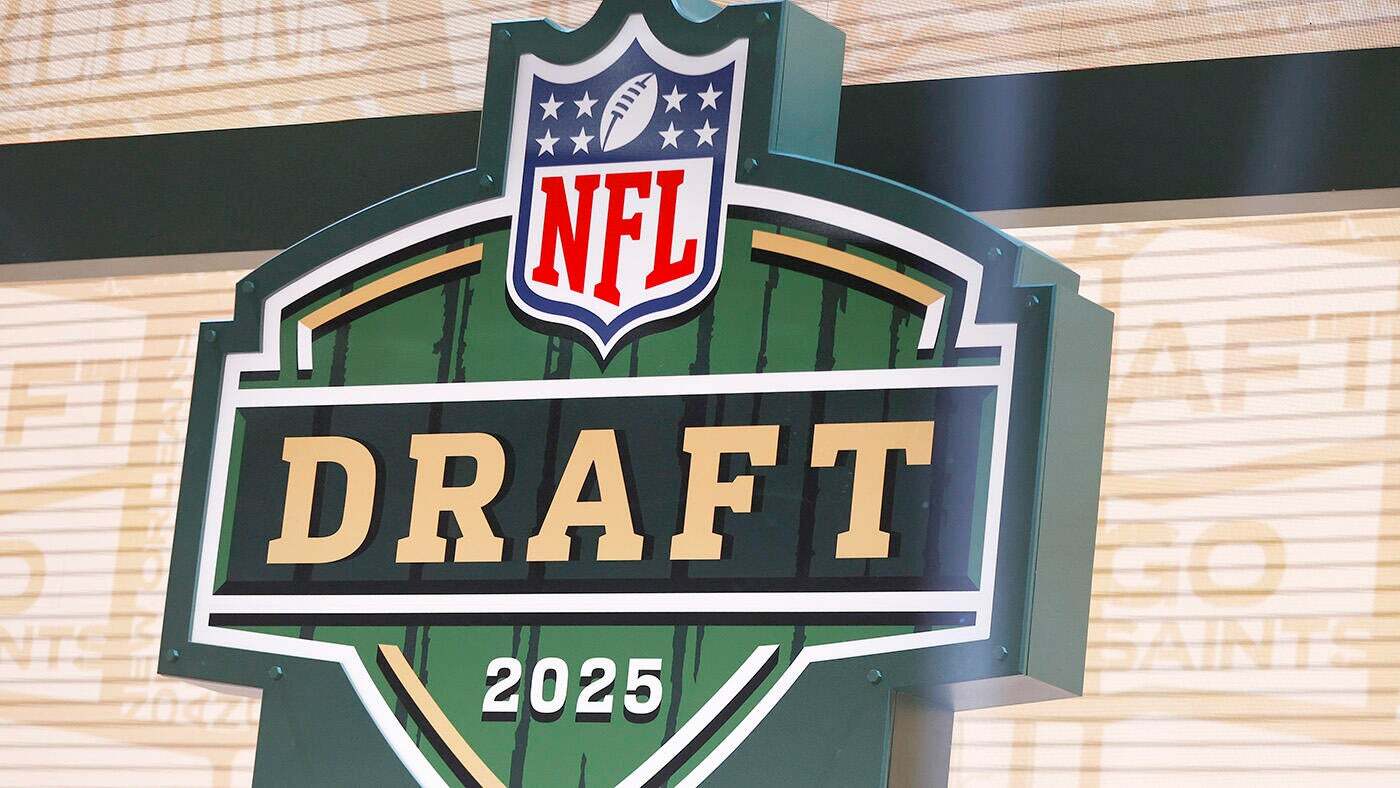

Two words: due process — has currently got the country in a frenzy. But what do they really mean? What happens when due process is ignored? And why is due process currently such a hot topic when it comes to the executive and judicial branches of government?
Well, The Shade Room’s correspondent A.B. Burns-Tucker is sharing some answers on ‘TSR Newz.’
Why Is It A Hot Topic?
According to Burns-Tucker, the topic came into the forefront amid Donald Trump’s heavy initiatives for mass deportation. Per the host, the president has declared a national emergency to address an apparent “illegal migrant problem” in the U.S. Consequently, foreign gangs, such as MS-13, have been labeled terrorist organizations. This allows anyone identified to be in concert with the group to be deported and labeled a “foreign enemy of America.”
However, the topic of due process urges for there to be “policy and procedure” in place to ensure these deportations are justified. Per the host, due process is mentioned in the Constitution twice.
“No State shall make or enforce any law which shall abridge the privileges or immunities of citizens of the United States; nor shall any State deprive any person of life, liberty, or property, without… process of law; nor deny to any person within its jurisdiction the equal protection of the laws,” the 14th amendment states per Congress.gov.
And there are two different types: procedural due process and substantive due process.
What Is Procedural Due Process?
Per Burns-Tucker, if the government intends to infringe on an individual’s life, liberty, or property, the procedural process enables an individual to receive their fair day in court. Scroll above to watch as Burns-Tucker breaks down the entire topic. Additionally, the host shares why every individual should be tuned in to the conversation.
The post What Does Due Process REALLY Mean In America? | TSR Newz appeared first on The Shade Room.













 Loading ...
Loading ...